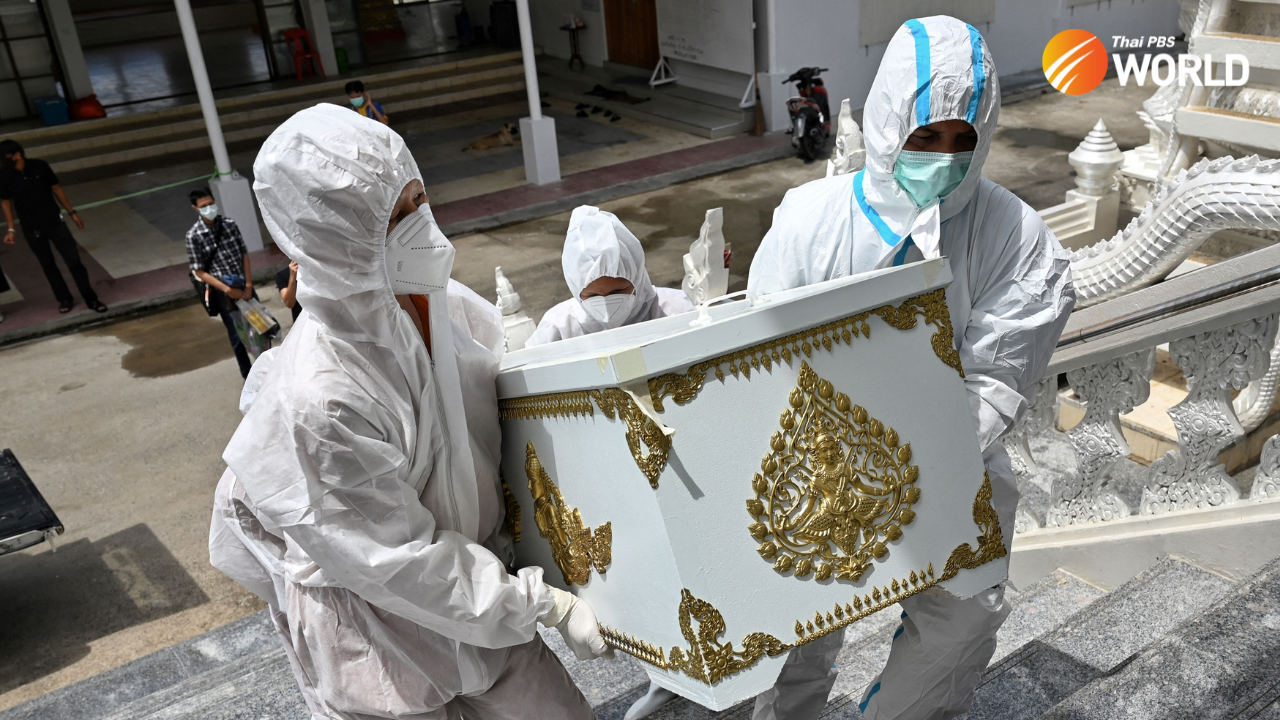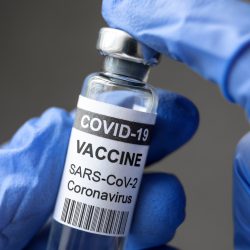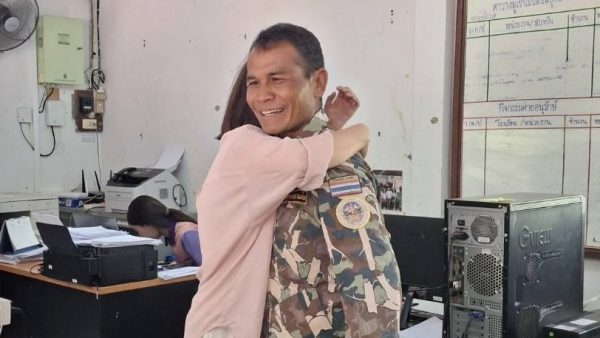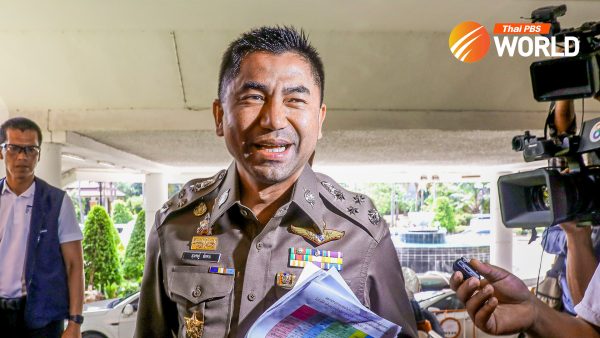Communicating with and caring for children who lose parents to COVID-19

Losing a loved one is never easy, especially during COVID-19 when many people have lost family members without even getting to say a final “goodbye”. In the news we see that some children have lost their parents, so here is some advice from the Mental Health Department.
Director-General of the Mental Health Department Panpimol Wipulakorn suggested a few ways in which adults can communicate with children who lose their parents to COVID-19.
Children under six years old do not yet understand what death is all about, so they may believe that their parents are only gone temporarily. It is advised that adults explain the permanence of death in simple terms. For example, tell them that, when someone dies, they don’t come back. Adults can tell them they can come to them or hug them when they want to.
Some young children may try to isolate themselves from their friends, become overly attached to other adults or develop unhealthy self-consoling habits, such as sucking their thumb and constant body swaying. If these gestures persist, professional help is recommended.
Children over six years old will understand what death is. It is advised, however, that relatives or other adults should talk to them and listen to them, to allow children to express their worries and help them overcome their trauma.
Other advice includes maintaining the same routine as much as possible, allow children to ask questions about death while paying attention to them, explaining that the adult’s death is not the child’s fault and that they can reach you anytime whenever they want to express their sadness.
Adults also experience stress, especially when a number of family members fall sick all at once, losing their loved ones without getting to say “goodbye” due to COVID-19 restrictions. Those who have difficulties overcoming trauma can call the department’s hotline at 1323.
It is reported that the 1323 hotline has received a high number of calls, especially during the beginning of the third wave in April, including from those who lost family members to COVID-19.
17.6% of the callers suffer from stress, discomfort, anxiety and insomnia. The Mental Health Department has since opened up more communication channels, such as Facebook and its LINE account.






